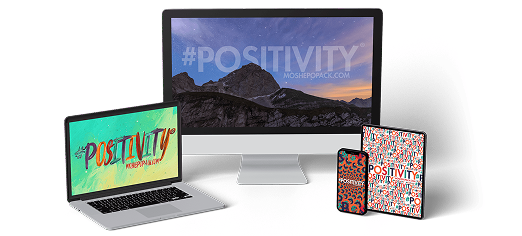Have you ever been perfect for a job, but choked during the interview? Or, maybe you didn’t have great answers to tough questions, like “Why should we hire you?” Anna Papalia is the CEO and bestselling author of “Interviewology” and has expert insight on how to crush any job interview. She’s advised more than ten thousand clients on the science of job interviews and is about to pass along her expertise to you!
On COVID’s impact on the conventional office dynamic:
“(When COVID hit) there were so many industries and so many companies that didn’t do anything virtually, let alone job interviews, let alone full jobs, so we shifted into an entirely different way really fast and so many hundreds of thousands of people are now working from home. And obviously COVID was also this global near-death experience for so many people. And when you personally go through a near-death experience, even though you may not have had COVID, but you know other people that got sick, or just the trauama that happened when everything got shut down and we all had to start working differently – all of a sudden, your priorities change. And so many people started looking at how they work, the way they work, and their work-life balance differently. And that’s going to take us some time to ‘right-size’ or balance to bring us back to that (pre-pandemic) equilibrium.”
What does the future of in-person work look like?
“I believe in the next year or two years we are going to ‘right-size’ slightly. I don’t think everyone is going back to the office, but I think a lot more people are going back to the office than they think. Will it ever be pre-2020? No. Once we’ve gotten a taste that we can do these things, and be really productive virtually, I don’t think we have to do it the old way. But we can’t continue to have 90% of the people be 100% virtual.”
Will AI dramatically change the employment landscape:
“With every great technology there is this fear that it is going to take our jobs. But what it generally does is it just forces these lower-level jobs to innovate or change or evolve and then other positions crop up. For example, you can’t hire a computer to go into a job interview for you, because no AI program knows your story. Some people can pop-in interview questions to AI and get the ‘perfect interview answers,’ or hiring managers can ask these types of things, but nothing replaces this human interaction when you’re telling your story and you’re selling yourself.”
On the four different types of interview personalities:
“Charmers look at interviews like a performance; like they’re the star of the show and they prioritized being liked. They want to be liked in an interview. … Challengers want to be respected and heard. They look at an interview like a cross-examination. They are highly skeptical and they’re going to figure something out. … Then we have examiners. Examiners are more private. They’re quiet. They look at an interview like a test that they are either going to pass or fail. They go into an interview wanting to be seen as qualified. … And then lastly, harmonizers look at an interview like a tryout for a team that they want to join. They want to adapt. They’re warm and they’re collaborative.”
How to handle nerves on a job interview:
“I spend a lot of time coaching clients on how to prepare for job interviews. People tell me all the time that they’re very nervous, and I always say, ‘Practice. Research and practice.’ The more you practice and prepare ahead of an interview the less nervous you’ll be. So, from a job seeker standpoint, if you’re very crazy nervous, you just haven’t done enough prep, and you haven’t practiced enough.”
How to answer: “What are your weaknesses?”
“Well, number one, it has to be truthful. Don’t make up some (untrue) answer. … Don’t come up with some fake answer. If you Google it, a lot of resources will tell you to say you’re a perfectionist. Please don’t because you’re probably not. So, it’s about thinking deeply, having that self-awareness we talked about, and figuring out what that weakness is. And then, how you talk about it in an interview is – maybe – share a micro story about how you found this out about yourself and how you’re working on it. We’re not looking for perfection. We’re looking for people that understand what they’re working on.”

